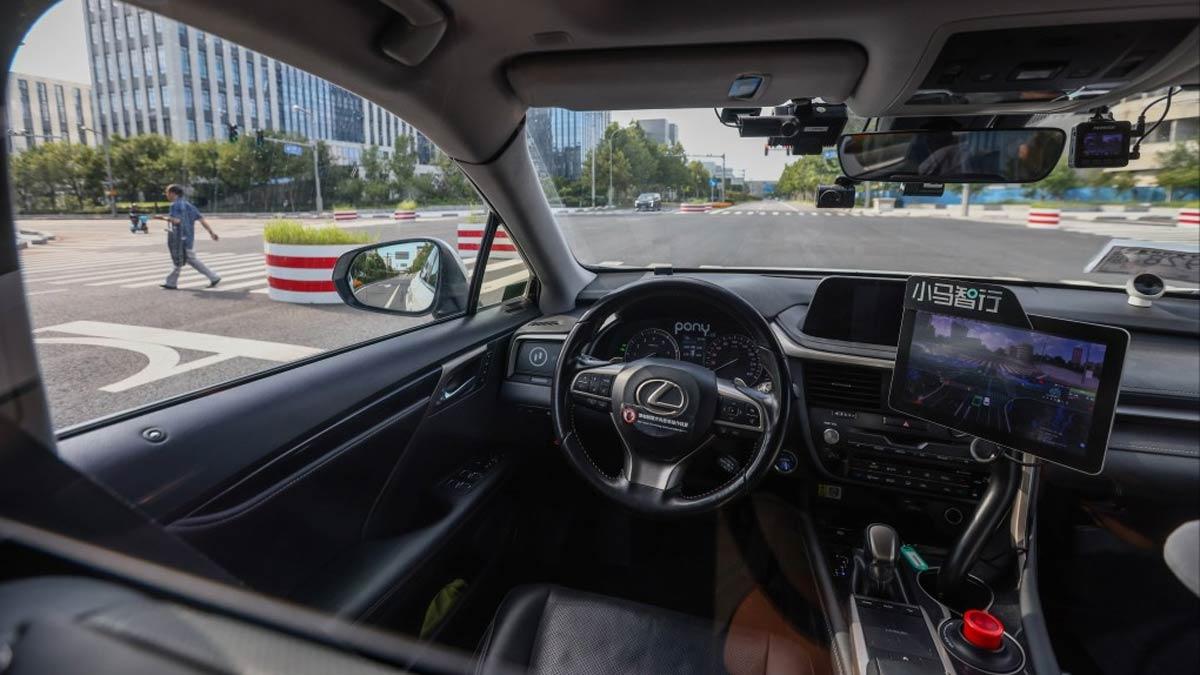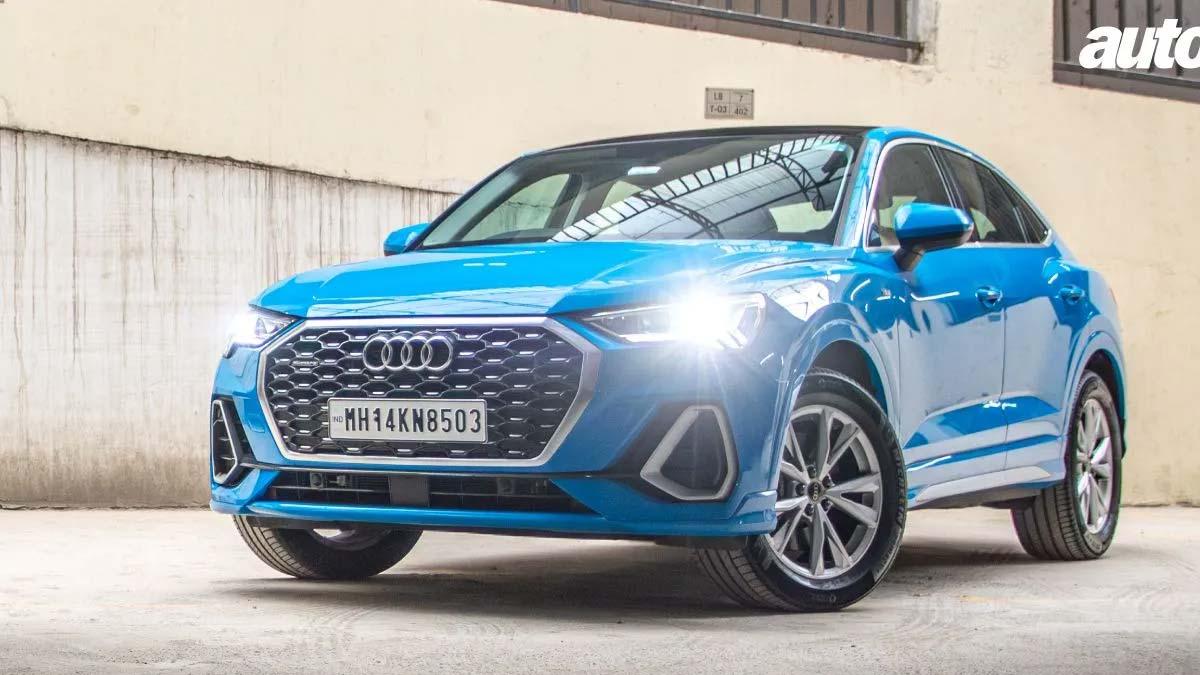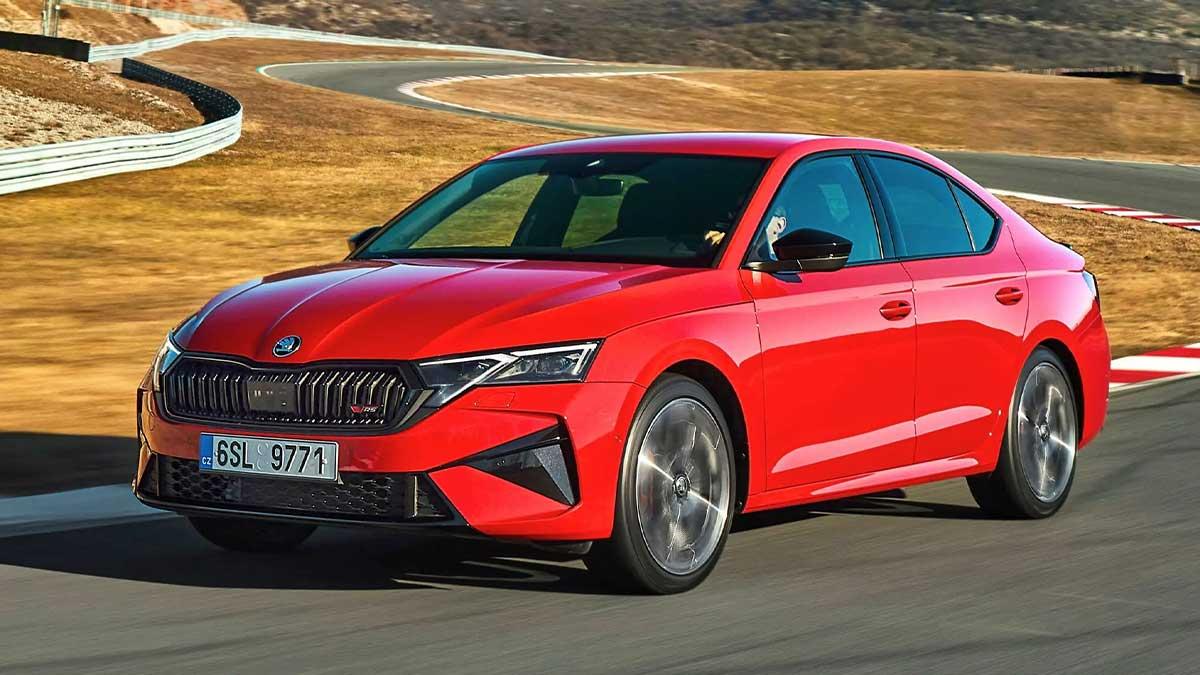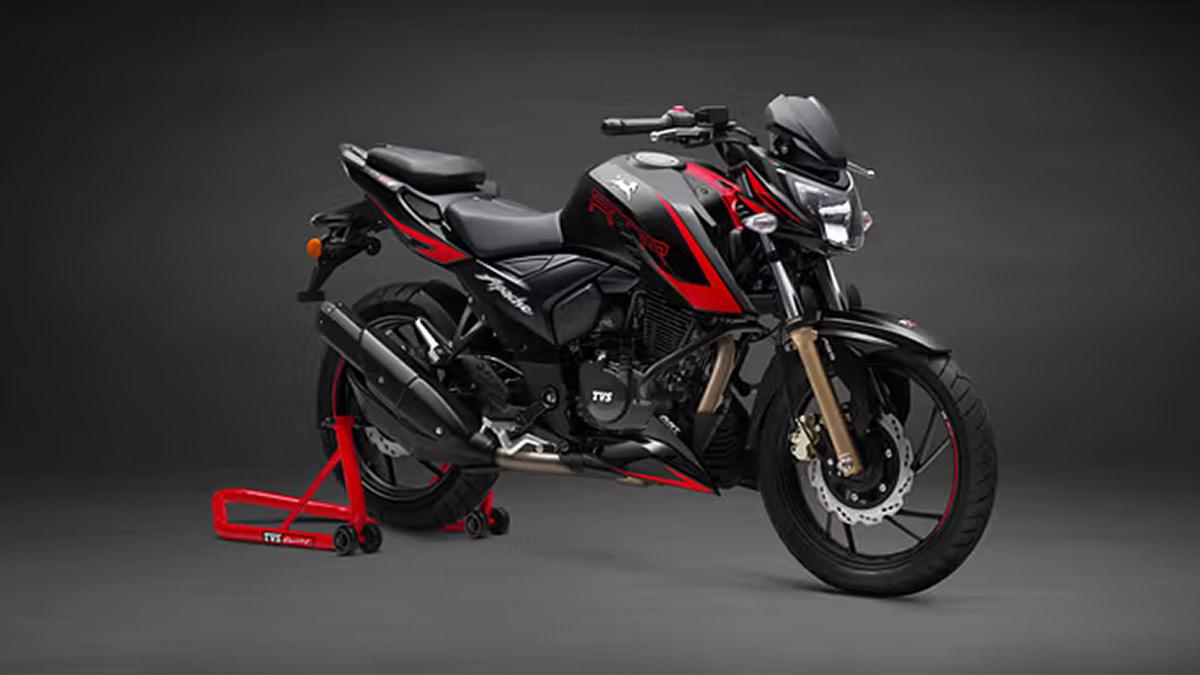China's capital Beijing passed new regulations on Tuesday to encourage autonomous driving technology in the city, with authorities planning to eventually allow driverless public buses and taxis.
Autonomous vehicles that pass road testing and safety assessments will be allowed to apply for road trials, the state-backed Beijing Daily newspaper reported, which said the new regulations take effect from April 1.
The city said it supports the use of autonomous vehicles for private cars, urban buses, trams and taxis, adding that it wants to encourage the construction of intelligent road infrastructure to support such transport.
In a separate notice published on Monday, the central Chinese city of Wuhan also said it had approved regulations to promote the development of intelligent connected vehicles.
Reuters reported in August that Chinese authorities have been aggressively greenlighting trials for self-driving technology with at least 19 cities conducting robotaxi and robobus tests.
Some of the major companies operating with large fleets of robotaxis in use in China include Apollo Go, a subsidiary of technology giant Baidu, which plans to deploy 1,000 robotaxis in Wuhan by end-2024.
Pony.ai, which went public in the U.S. market in November, plans to ramp up its fleet of robotaxis nationwide to more than 1,000 by 2026, from 250 this year.
Other companies investigating robotaxi opportunities in the world's biggest auto market are WeRide, AutoX and SAIC Motor.
In other news, the U.S. EV giant Tesla plans to take full self-driving (FSD) to China in the first quarter of 2025 pending regulatory approval. The company said it will begin producing its own robotaxi in 2026.
Read also| India's Passenger Vehicle Sales Rise 4% to 3.5 Lakh Units in November


















